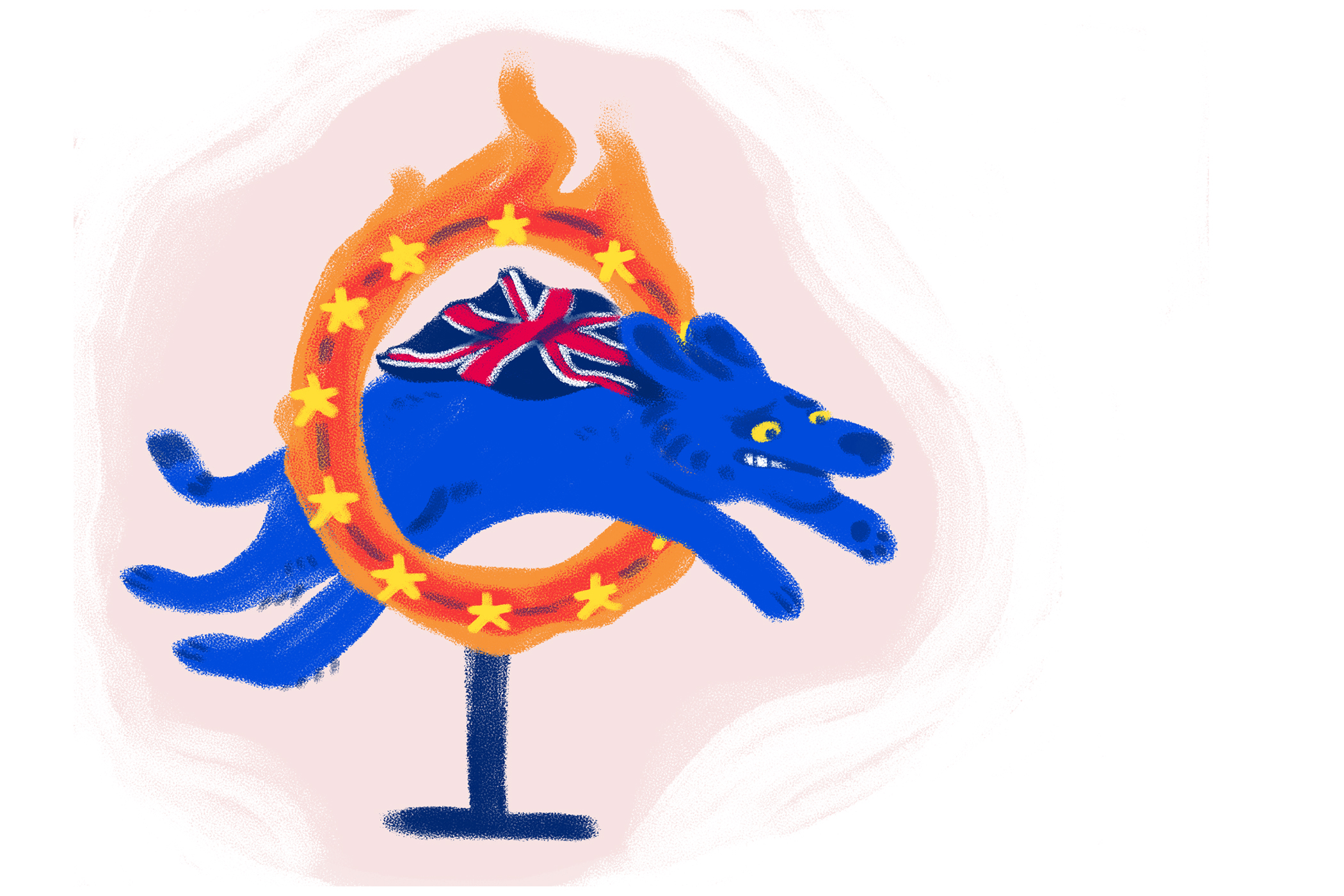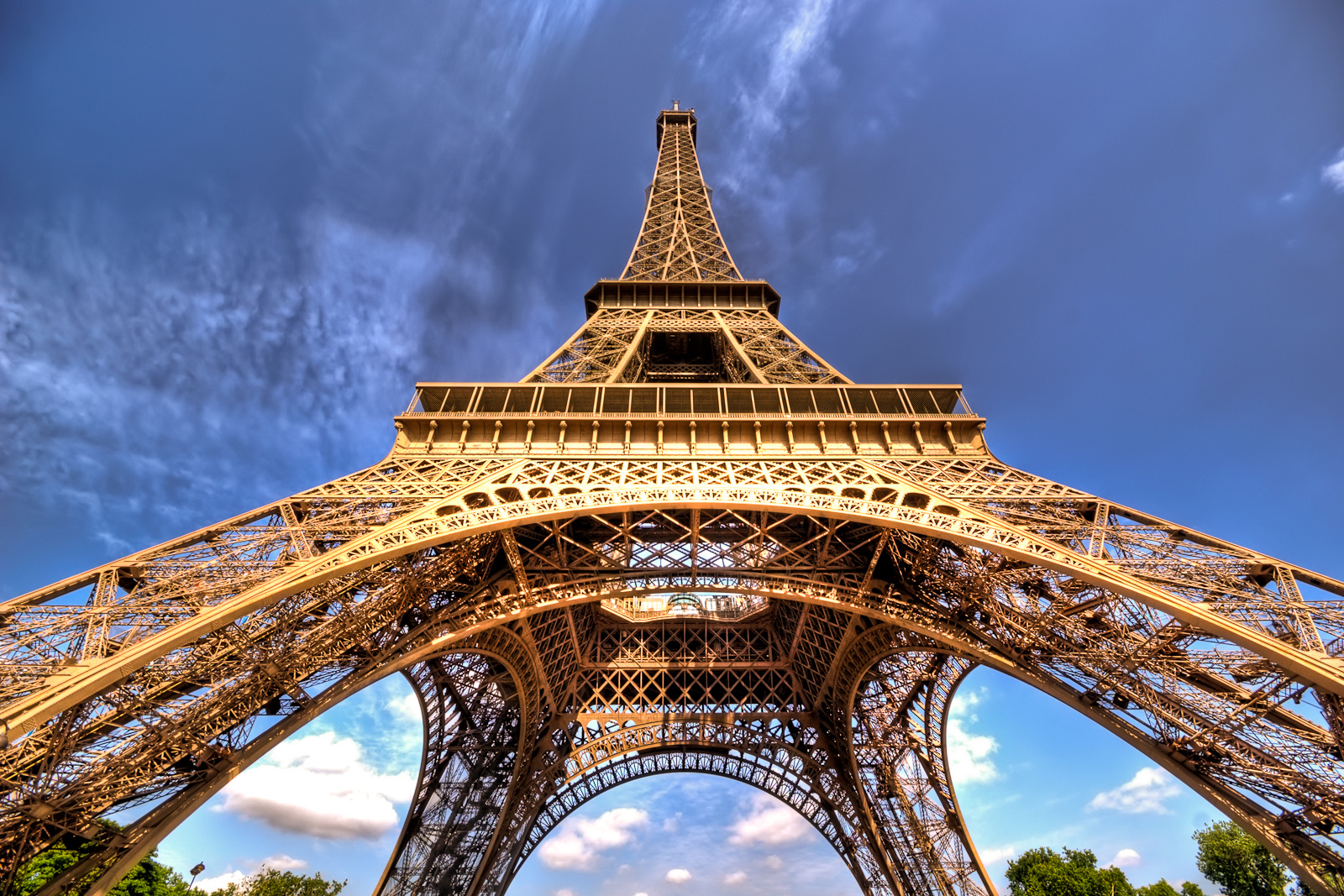After pulling the U.S. out of the Trans-Pacific Partnership during his first full day in office, President Donald Trump met with U.K. Prime Minister Theresa May on Jan. 27 to discuss the possibility of a major free trade deal between the two countries following Brexit.
May succeeded David Cameron as prime minister after his resignation following his losing campaign in the referendum on Article 50. While May was also opposed to Britain leaving the European Union, she has reiterated her commitment to honoring the will of the voters.
May hopes to trigger Article 50 by the end of March, which would give the U.K. and EU two years to agree to terms for the U.K.’s withdrawal. The U.K.’s Supreme Court has ruled that Parliament must be allowed to vote before Article 50 can be invoked and Britain can formally begin the process of leaving the EU.
The Vanguard spoke with Dr. Birol Yesilada, professor of Political Science and International Studies at Portland State, about the economic and political implications of the U.K. separation from the EU. Yesilada is currently writing a book analyzing the stability and future of the European Union called The Global Power Transition: The Future of the European Union.
When asked about what the economic landscape of the U.K. would look like post-Brexit, Yesilada emphasized that the outcome is mired in uncertainty. One thing that seems certain is that it will be negative.
“The projections are not good,” Yesilada said.
One factor that determines how much pain the U.K. can expect depends on what kind of deal can be negotiated with the EU. May has remained unequivocal in advocating a complete withdrawal from the EU, including the single market and customs union.
Yesilada went on to describe the implications of losing access to the single market:
“Right now these goods move back and forth, like between Oregon and California,” Yesilada exlained. “Say it’s gonna become like Mexico and the United States—at best. You’re gonna have issues.”
Uncertainty has already negatively impacted investment and the value of Britain’s currency. Regardless of a hard or soft Brexit, the landing won’t be smooth.
“You can expect an impact on inflation, because the pound is already dropping,” Yesilada said. “It’s at an all-time low. U.K.’s total trade with EU is 23 percent of its economic output during the last six years. U.K.’s total trade with the EU is 44 percent, with Germany, France, Italy, etc.”
Given the lack of economic logic that this move entails, why did it happen?
“One reason is Britain, or at least the people who voted for this, have never been comfortable with the European Union,” Yesilada continued. “They came in and their goal was to achieve a common market.”
A common market is a rung on the ladder of economic integration, above a free trade agreement like NAFTA and below an economic and monetary union like the U.S. economy. One distinguishing feature between the EU and the U.S. is that the EU is not a political union.
“When you reach a common market, you become a single economy,” Yesilada continued, “where you have free movement of all goods and services and people—except capital, and services of capital. And everybody has their own currency.”
In addition to the consistent reluctance of U.K. public opinion toward deepening integration, Yesilada highlighted another issue: immigration.
“It’s not just the people coming from North Africa [or] the Middle East, also people coming from all around the European Union,” Yesilada stated. “You know, nothing holds you from going here to New York to find a job, right? The same thing is now true over there. So they’ve had issues with this free movement of people idea.”
Voters in the U.K. passed the referendum to invoke Article 50 by a margin a little over 3 percent.
“All the polls were showing that ‘they’re not gonna leave, they’re gonna say no to Brexit,'” Yesilada added. “A lot of those people didn’t come out to vote.”
Concerns about economic inequality and immigration? News media clamoring that economic wisdom and logic will prevail, only to witness the victory of political opportunists and demagogues? Sound familiar?
If those who voted for Brexit and Trump were choosing uncertainty over economic sense, then part of the reason for that choice was that very same economic sense had left them behind for over three decades.
“The problem is the failure of the neoliberal economic model, in providing the trickle down, you know, the benefits for everybody,” Yesilada explained.
Neoliberalism advocates an increased role for the private sector in the economy and society through policies such as privatization, austerity, deregulation, and free trade. It is characteristic of the Reagan and Thatcher administrations in the U.S. and U.K., respectively.
“Not all the rich are always getting richer,” Yesilada pointed out. “But when you look at the statistics, you see that since the early 1980s when neoliberal economic policies became tractionable, in all of these countries, the shift of national income has been in favor of the richer people and corporations, right?”
As Yesilada went on to explain, even if the EU wanted to address the inequities that harm the losers of globalization, it couldn’t. This is because unlike more powerful national governments, the EU is not a complete union, especially politically.
“[The] EU is sinking in global competition and sinking really fast, for very complex reasons,” Yesilada said.
One of those reasons has to do with the structure of the EU.
“They signed and put into motion an economic and monetary union without a political union,” Yesilada claimed. “That’s a death warrant. It never works.”
Yesilada went on to describe two potential scenarios: In one, the EU kicks the can down the road and invites ever more problems and instability; in the other, they pull it together to create a true fiscal union.
As to which scenario seems more likely, Yesilada emphasized that pervasive uncertainty makes it hard to say what will happen.
One of those sources of uncertainty is President Trump. For example, If his comments about NATO’s obsolescence sufficiently compel EU members that a political union will adequately address growing concerns about security, then perhaps in the process economic inequality and the instability it brings can be reduced.
Regardless of whether the EU stays afloat or sinks, the U.K. is abandoning ship.
Having been raised by feral pandas in the remote forests of Chengdu, China has always formed a key part of my identity. After my career as a Hong Kong film producer was derailed by tabloid journalists, I knew I had found the work that would become my life’s purpose. I am passionate about journalism because it allows me to step into worlds I would otherwise never know while channeling my curiosity toward serving and informing the community.






